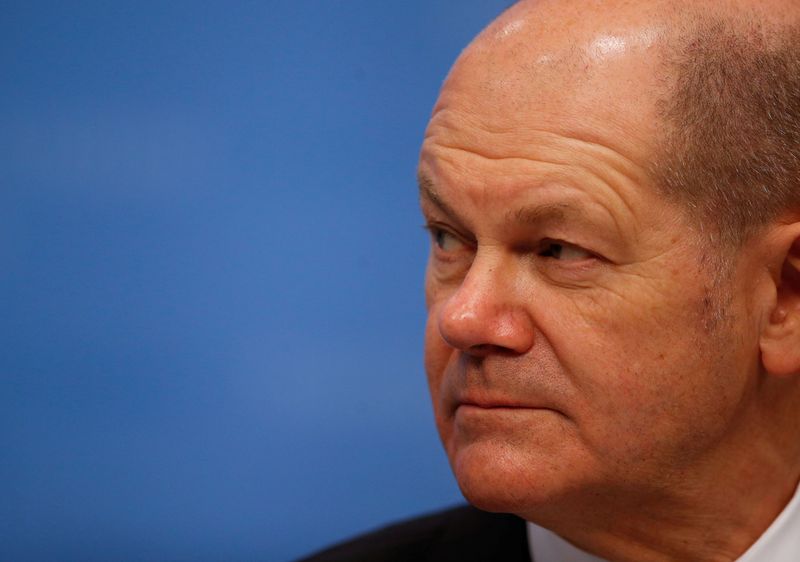European Gas Prices Fall Again as Germany Yields on EU Price Cap Proposals
2022.10.21 06:25
[ad_1]

© Reuters
By Geoffrey Smith
Investing.com — Benchmark prices for natural gas in Europe fell again on Friday, pushing back toward their lowest in four months after Germany gave in to EU pressure for a mechanism to cap wholesale prices over the coming winter.
By 05:50 ET (09:50 GMT), front-month futures for the , which serves as a benchmark for northwest Europe, were down 9.9% at 114.60 euros a megawatt-hour, approaching the low of 107.3 EUR/MWh that they hit earlier in the week.
At a meeting of EU heads of government which stretched into the small hours of Friday morning, German Chancellor Olaf Scholz dropped his opposition to EU Commission proposals – backed by France and others – to apply a ‘dynamic price cap’ to the TTF and possibly other futures contracts. While the precise details of the mechanism still need to be ironed out, it may help prevent the kind of spikes seen earlier in the summer, when the market had to adjust to the loss of Russian gas supplies due to the fallout of the Ukraine war.
The Commission is hoping to reach a final agreement on the mechanism at another meeting of Energy Ministers on Tuesday.
The loss of Russian supplies had driven fears that EU member states may have to ration gas during the coming winter, but such fears have receded in recent days and weeks, as almost all member states have met their targets early for filling their gas storage facilities. That has allowed spot prices to fall sharply, helped by temperatures that have been slightly warmer than usual for October.
However, longer-dated TTF contracts have fallen by less, reflecting expectations that it will be harder to replenish storage next year, which is set to be the first full year in four decades without meaningful volumes of Russian gas. Alternative import channels, whether in the form of liquefied natural gas or pipelines from North Africa and the Caucasus, are unable to replace the Russian volumes in full, analysts say.
As such, gas prices are still around five times where they were before the start of the Ukraine crisis, a level that is set to weigh heavily on European economic output next year.
“The fact that the euro is drawing very little benefits from the recent drop in gas prices is likely a testament to how markets are clearly looking well beyond short-term dynamics and may actually be growing increasingly concerned about Europe’s energy supply for next year, not just this winter,” said ING analyst Frantisek Taborsky in a note to clients on Friday.
[ad_2]
Source link








